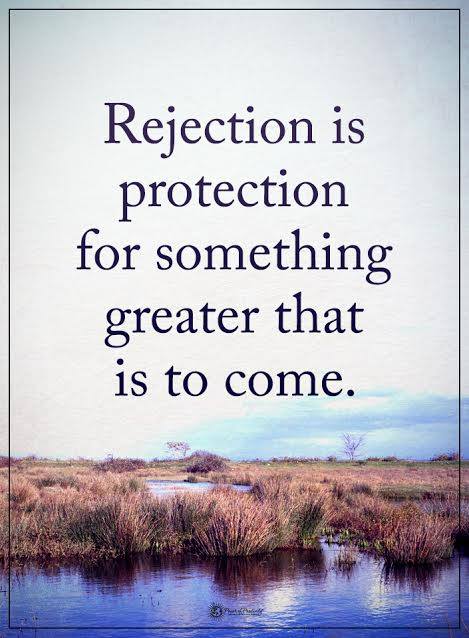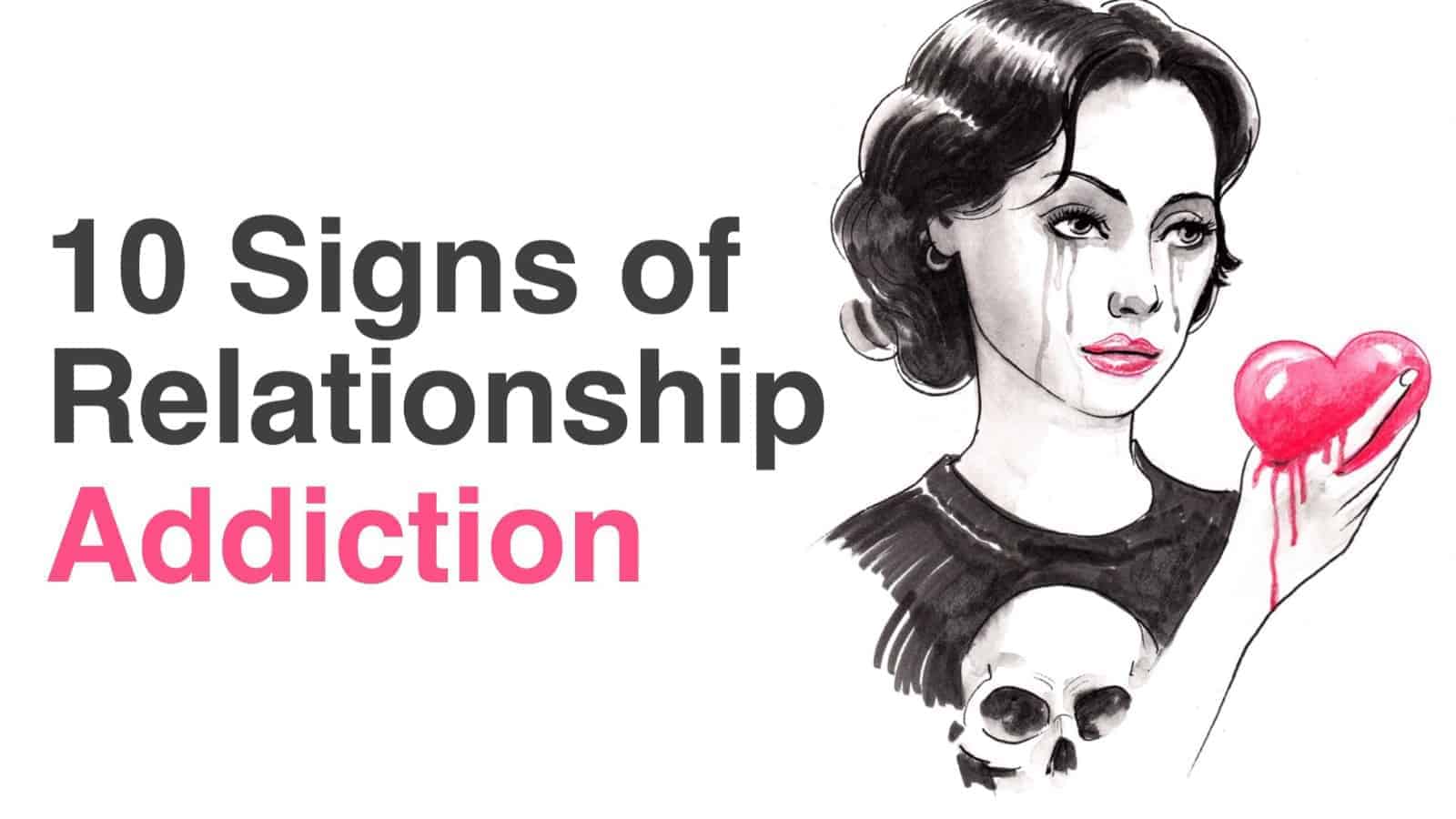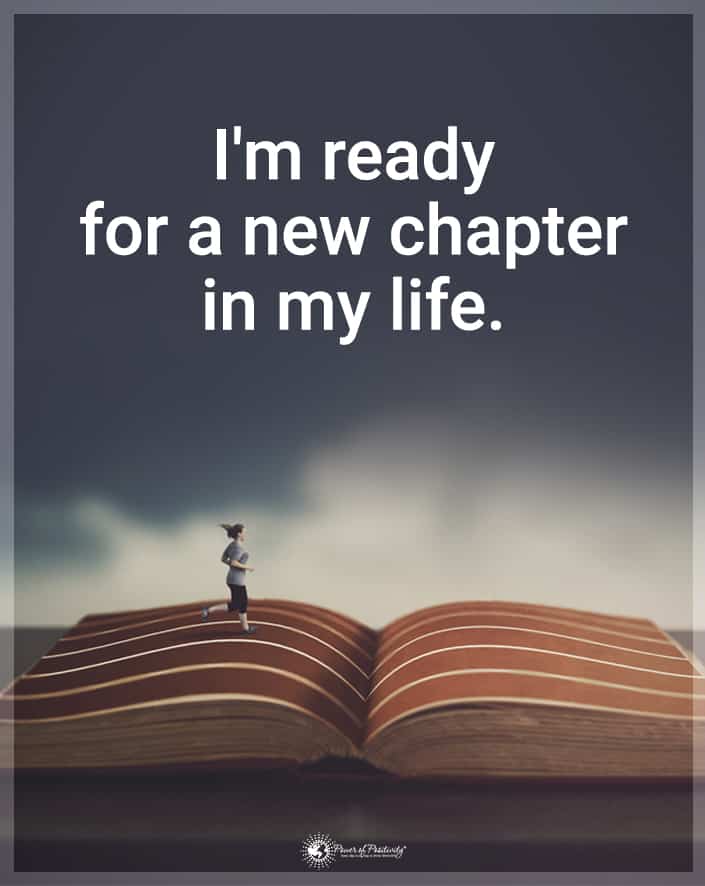What is relationship addiction?
To answer this question, let’s first define addiction. Per the American Society of Addiction Medicine:
“Addiction is a primary, chronic disease of brain reward, motivation, memory and related circuitry. Dysfunction in these circuits leads to characteristic biological, social and spiritual manifestations. (As a result) an individual pathologically (pursues rewards and/or relief) by substance use and other behaviors.”
Relationship addiction is the very real cycle of personal and intimate attraction, bonding, rejection, panic, reconciliation and rejection. Let’s take a look at a real-life example of relationship addiction:
“I can’t stop myself from going back to him,” Sherry – a 40-year-old woman and mother of a 12-year old, says, “even though all I get is rejection and put downs. He reels me in with false promises that he’ll be there for me if I just shape up. (He) criticizes me and I start to feel worthless and want to pull away. (But then) I start to panic and frantically (phone or text) him. It’s almost like he’s my life line and I have to prove myself to him. But it’s a life line to hell. I feel like I’m possessed.”
Fear of Abandonment and Relationship Addiction Go Together
What Sherry is describing is a premature form of abandonment anxiety. Notice that she begins to “feel worthless” and wants to “pull away” but can’t bring herself to do so – this is a textbook state of addiction. She experiences intense feelings of reward during the initial phases of exposure; a dysfunctional mechanism causes her to fear separation from the stimuli (the man), and she repeats the devastating cycle despite the negative consequences.
Relationship addiction is an incredibly unfortunate and sad situation. Anyone who has even gone through what Sherry has can probably relate to her sense of confusion, desperation, and fear.
In this article, we discuss ten potential signs of relationship addiction – and also some professional advice for overcoming it.
1. Look inside yourself to acknowledge a relationship addiction
Knowing the relationship is not good for you, but making no effort to end things. You’re capable of knowing that things are not right; yet, it’s you can’t bring yourself to end things for whatever reason.
2. Understand why you stay
Attempting but failing, to come up with a rational reason for staying in the relationship. This is quite often because there is no logical reason to stay – and your anxiety and fear of being alone take center stage.
3. Acknowledgment
Refusing to acknowledge or ignoring any thoughts that the relationship is risky. This is a phase when the precariousness of the relationship is brought to the forefront of your attention, and you refuse to engage in any interpersonal examination.
4. Relationship addiction brings anxiety
Feeling over-anxious and over-stressed when thoughts of ending the relationships arise (see “abandonment anxiety” in the introductory section.)
5. Own it
You’re in denial about any adverse effects the relationship is having; this may include any emotional, psychological and/or physical abuse. This is dangerous territory, particularly when you’re being abused and/or mistreated.
6. Don’t mistake sex for love
Misinterpreting sex for genuine, lasting romance. Following the act, further repression of painful emotions and thoughts is common. Of course, your partner never changes after their immediate needs are met.
7. Stop making excuses
Accepting your partner’s criticism as “normal” behavior. Make no mistake; this behavior is anything but normal – it’s a chronic, sick, mind game is almost always to keep you under their control.
8. End the relationship addiction
When you try to end the relationship, you quickly feel a sense of withdrawal – including physical discomfort and tension. Psychological symptoms, including depression and anxiety, often accompany the physical signs.
9. Listen to those who love you
Ignoring – or attempting to ignore – advice or concerns from your family and friends about the relationship. Disregarding pleas from family and friends risks isolating yourself further – and at a time when you may need their support the most.
10. Stay away once you break things off
Desperately trying to reestablish contact immediately after the other person ends things. In most cases, the other person will terminate the relationship before you do. This is when rationality goes AWOL, and one kicks into desperation mode.

There is Hope for Recovering from Relationship Addiction
Per the Counseling Center at The University of Illinois at Urbana-Champaign (UIUC), “it is often very hard to end an (addictive relationship) even when you know it is bad for you.”
UIUC counselors distinguish between a “bad relationship” and what often unfolds during stages of relationship addiction:
(a) A “bad” relationship is “not the kind that (goes through) the usual periods of disagreement and disenchantment that are inevitable when two separate people come together.”
(b) A genuinely bad relationship, as in one where a person is at the mercy of another, involves constant frustration and, yet, the victim is remains attached.
(c) The attachment felt by the victim is often the result of being attracted to someone “who is ‘unattainable’ in the sense that he or she is committed to someone else, doesn’t want a committed relationship, or is incapable of one.”
Expert Advice for Recovery From Relationship Addiction
Ann Smith, a renowned relationship therapist of over 30 years, provides six different steps one can take to break the pattern of relationship addiction:
#1 Begin to observe your own behavior. This requires taking an honest look at all past and current relationships, taking a personal inventory of your shortcomings and dysfunctions, and refraining from romantic behavior for at least six months.
#2 Notice any commonalities in your relationship experiences with those of your childhood (abuse, fear of abandonment, neglect, etc.) Should there be a link between your relationships and childhood experiences, this may require the help of a therapist.
#3 If you’re in a non-abusive relationship, abstain from making any significant decisions or requests until you’ve settled things. If you’re not in any romantic relationship – or in an abusive relationship – please consider getting some help. (The latter requires the intervention of authorities and the legal system.)
#4 Most importantly, Smith says: “Ask yourself how life would be if you took responsibility for your own happiness, successes and failures and loved yourself the way you want to be loved.”


















